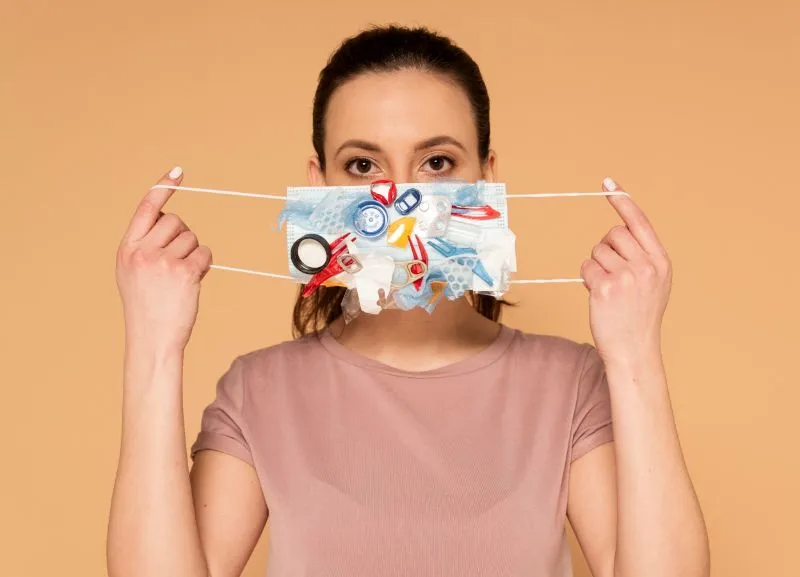The Centers for Disease Control and Prevention (CDC) and WHO has recommended the use of face masks or face coverings to control the spread of the novel coronavirus. Recent studies have proved that more than 25% of all infected individuals remain asymptomatic, i.e., they show no symptoms at all. They are the cause behind the silent spread of the disease. Moreover, even those patients who eventually do show any signs stand to affect quite a few people by not taking any sort of precautions.
Since the coronavirus is airborne according to studies conducted until now, key preventive measures must be taken to curb its outbreak. This also means that whenever people come in close contact, they are at risk of contracting the infection.
A few reports show that even breathing near someone can cause the transmission of this pandemic. This is why social distancing and isolation are crucial. Healthcare organizations around the world are suggesting that in case of any flu-like symptoms, fever, and cough, people should go for virtual medical care like Cura4U. They are providing excellent health services that are highly suitable for both doctors and patients during the COVID-19 pandemic.
Most countries have ordered partial or complete lockdown to stop the spread of this disease. However, grocery shops and pharmacies need to stay open for sustenance. Social distancing cannot be made possible everywhere; therefore, keeping your nose and mouth covered is vital for safety. It is recommended, especially for areas that are going through the significant viral transmission.
Frontline healthcare workers like doctors and nurses need all the support they can get during coronavirus outbreak. Surgical masks and N95 are hard to come by, and most hospitals and healthcare institutions have run out of necessary critical accessories for safety, which is why the federal government and CDC are requesting citizens to stop buying masks so that they can be provided to the health workers to save precious lives. If more doctors start dying, we will be plunged into darkness because there won't be any medical support left.
To help with this situation, CDC and other healthcare organizations are suggesting that the general public can create DIY face coverings from everyday household items that will also cost less. These masks are not as effective as respiratory masks, but they are helpful while conducting necessary outdoor activities during the lockdown.
Here are a few things one should keep in mind when deciding on creating a DIY mask:
- Studies are now being conducted to find the most suitable materials for home-made face masks.
- After analyzing around 13 different cloths, researchers were able to discover that “quilters cotton” can filter 65% air particles (N95 respirator masks provide 95% protection).
- In case that specific cotton isn’t within reach, a simple light test should be performed on any useable cloth material that you may have at home.
- Hold the cloth to a steady source of light. If the light is visible through the fibers of the fabric, it isn't suitable for making a mask.
- If a certain material does pass the light test, the next step is its breathability. Hold it a little tightly to your mouth, and try walking around in it. If you can breathe easily, then you're good to go.
- These masks are not 100% coronavirus proof. Wherever possible, keep practicing social distancing and stay in isolation as much as possible.
- Since your eyes are not covered while wearing a face mask, remember to keep your hands away from your face. The mask is just for keeping you safe from respiratory droplets that one can catch through breathing.
The bottom line is, the novel coronavirus is still spreading, and preventive measures are the only real support we have right now. Stay home and keep yourself, your loved ones, and your fellow citizens safe. Seek online medical help if you have any questions or health queries, booking lab tests/imaging services from the comfort of your home.












